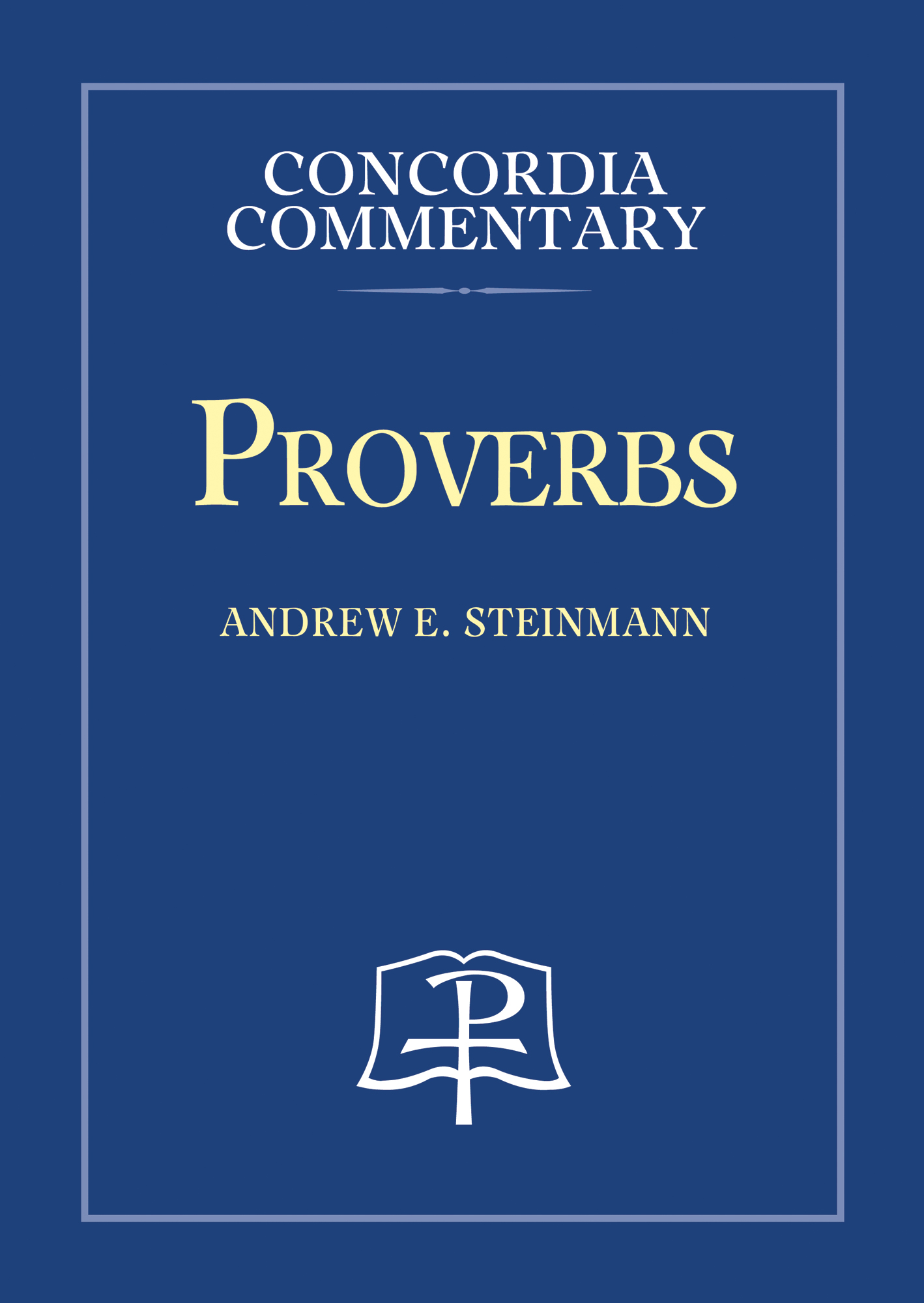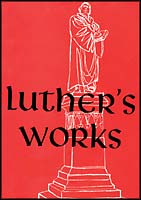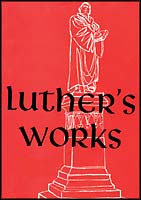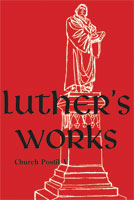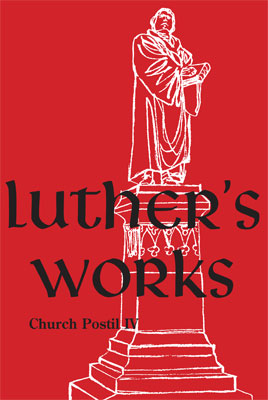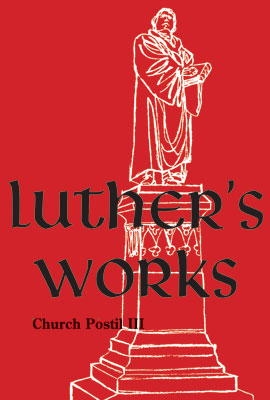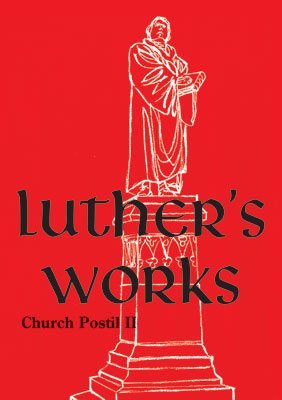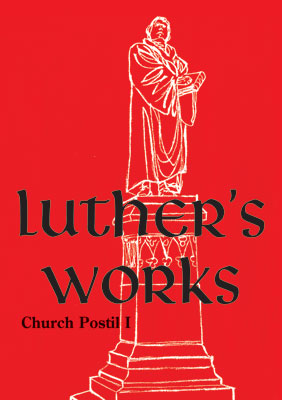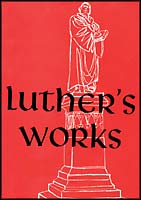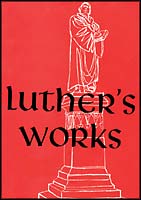The Gospel of the kingdom of God finds its most consistent Old Testament treatment in Daniel. This biblical book is much more than a combination of miraculous stories and fantastic visions; it presents the Gospel of the promised Messiah and his eternal kingdom. However, interpreting Daniel is no easy task. While the narratives about Daniel and his fellow Judeans appear simple (belying a rich theological complexity), the visions at the end of the book seem extraordinarily complicated. Thus, the challenge for any commentator is to understand the book as a whole and to explain its rich and variegated view of the Gospel and the Savior.
Since at least the first century before Christ, Daniel has been the subject of intense scrutiny by religious zealots seeking to view it as an eschatological roadmap for determining all sorts of harmful theologies of triumphalism. In our day this is often manifested in millennial speculation. This commentary shows that Daniel is not an adjunct to such theories, an oracle to be bent in service to eschatological speculation about an earthly messianic kingdom. Instead, it is a book about Christ, the salvation he accomplished by his cross, and the eternal glory he promises his redeemed people. Christ preserved his people throughout the Babylonian captivity and pointed them forward to the coming of his kingdom at his first advent, and the consummation at his second advent. Through this book Christ preserves us in faith until he returns in glory to bring us into the fullness of eternal life.provides Gospel comfort to the church, which will be vindicated.
Dr. Andrew E. Steinmann is Professor of Theology and Hebrew, as well as University Marshal, at Concordia University, River Forest, Illinois. He studied at the University of Cincinnati (B.S.), Concordia Theological Seminary, Ft. Wayne, Indiana (M.Div.), and the University of Michigan, where he earned his Ph.D. in Near Eastern studies.


 Back
Back
